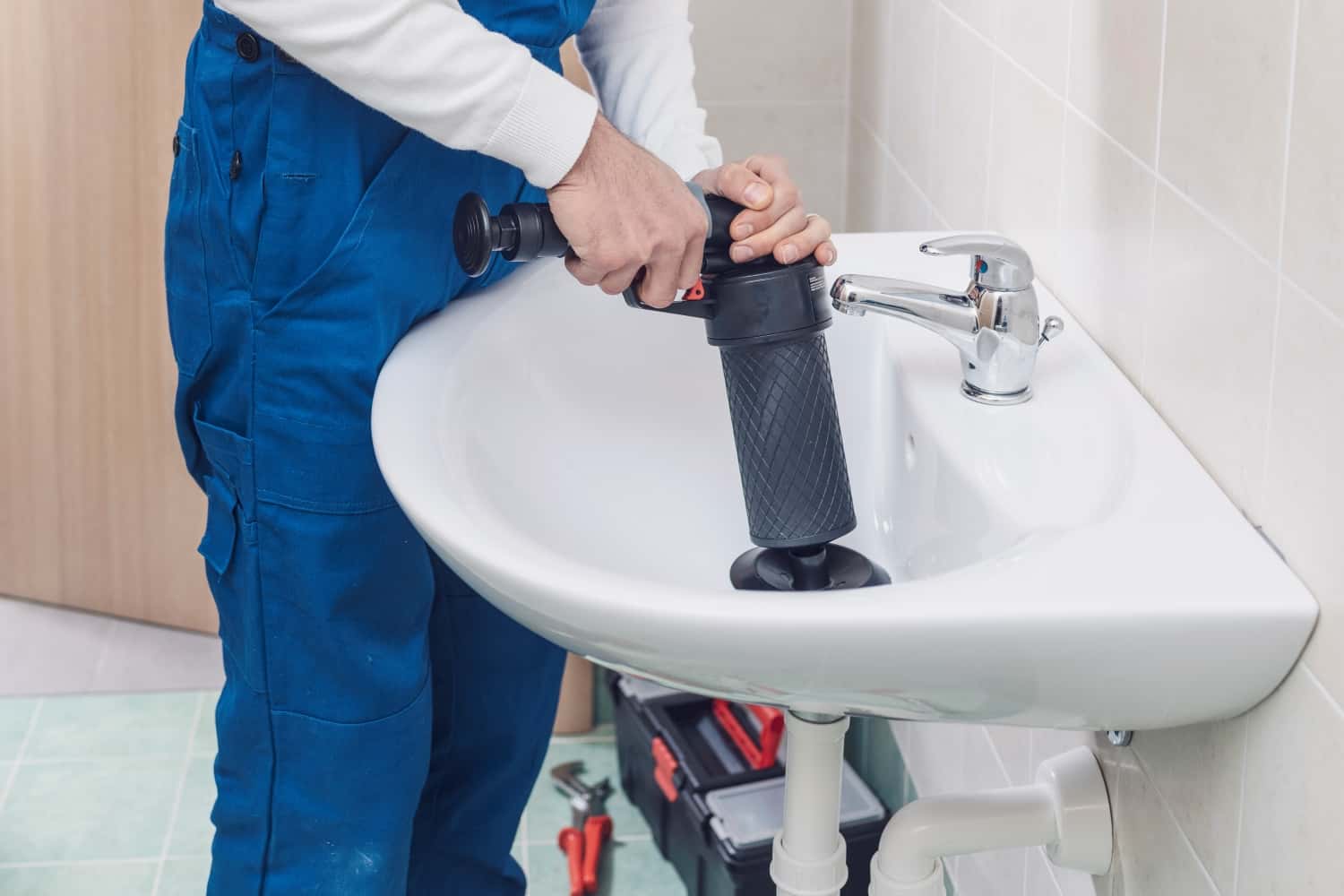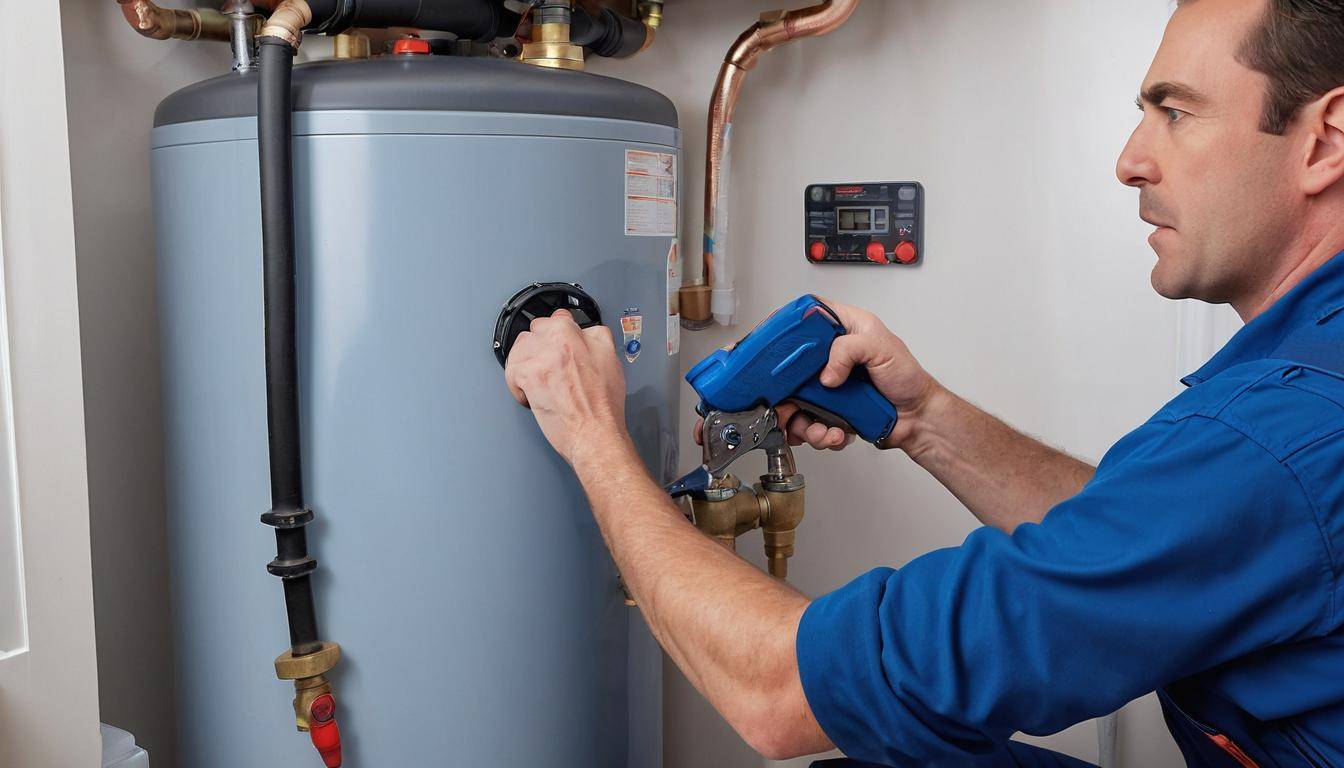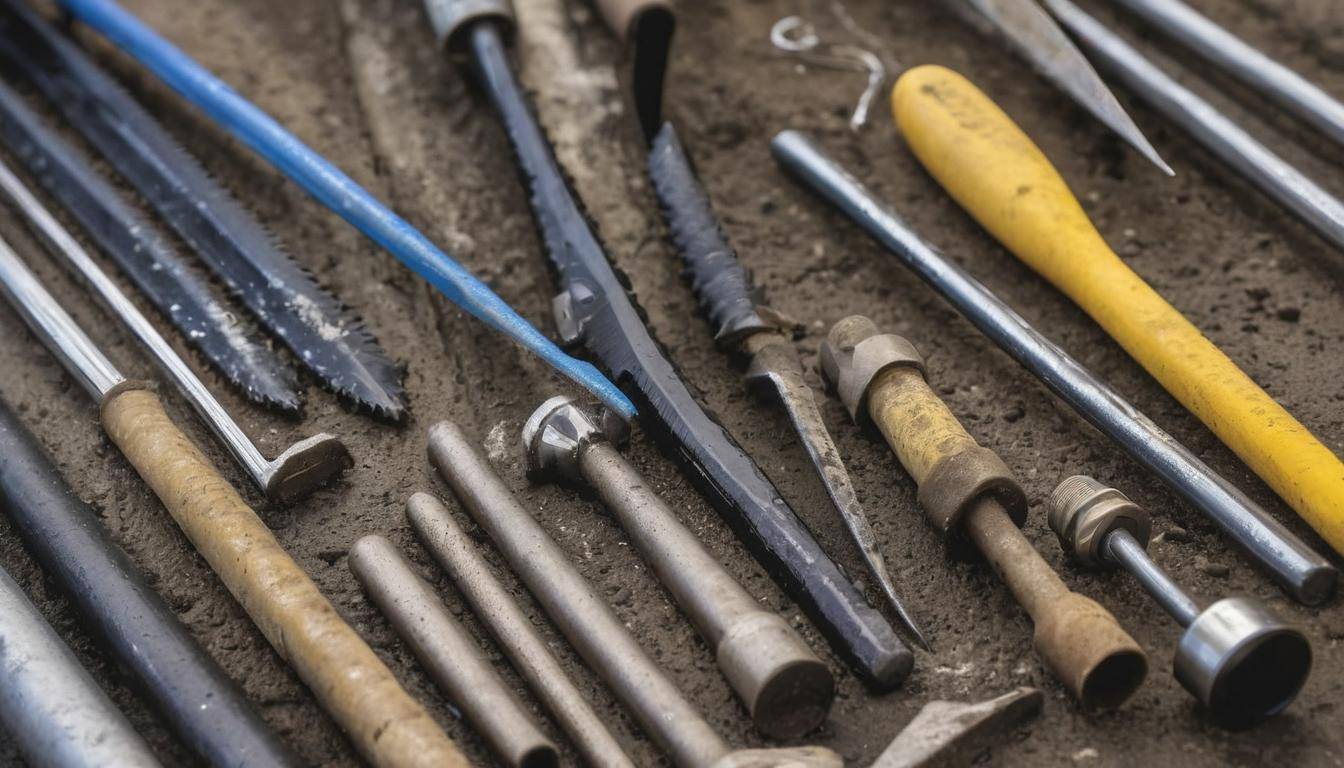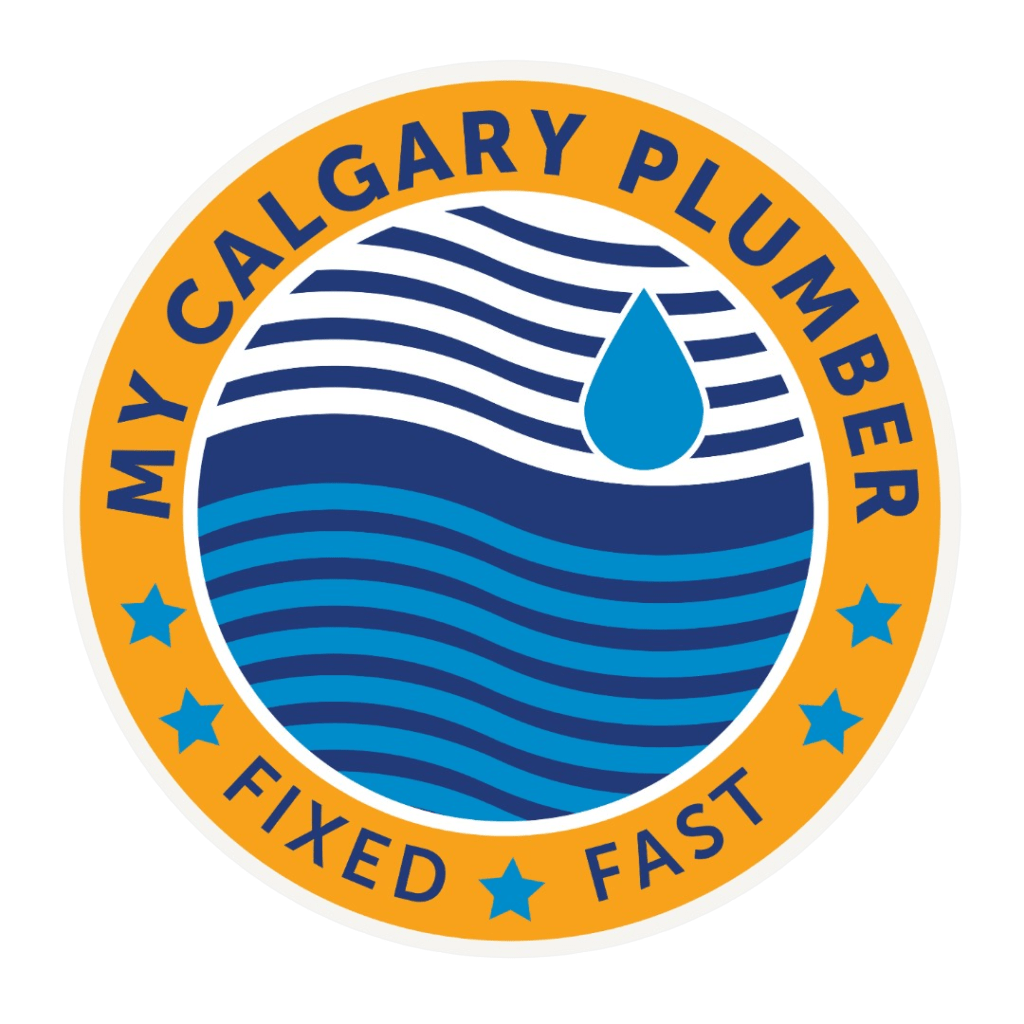Maintaining a plumbing system in your home is essential for ensuring its longevity and preventing costly repairs. A well-maintained plumbing system not only conserves water but also helps in maintaining the overall health and safety of your household. Here’s a comprehensive guide on how to maintain your home’s plumbing system effectively.
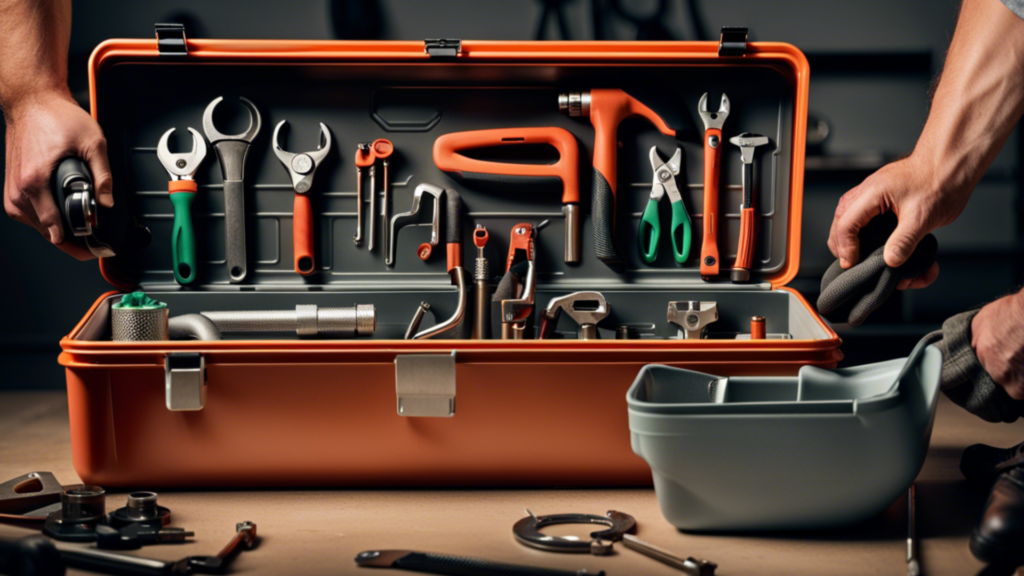
1. Regular Inspections and Leak Detection
Regularly inspecting your plumbing system is the first step toward proper maintenance. Look for visible signs of leaks, such as water stains on walls, ceilings, or under sinks. Early detection of leaks can prevent water damage and mold growth.
Check for dripping faucets: A dripping faucet can waste a significant amount of water over time.
Inspect exposed pipes: Examine exposed pipes for signs of corrosion or moisture.
Monitor your water meter: A sudden spike in your water bill might indicate a hidden leak.
2. Clean Drains and Prevent Clogs
Clogged drains are a common plumbing issue that can be easily avoided with regular maintenance. Keep your drains clear and flowing smoothly by following these tips:
Avoid pouring grease down the drain: Grease can solidify and cause blockages in your pipes.
Use drain screens: Install drain screens to catch hair, food particles, and other debris.
Regularly flush your drains: Pour boiling water down your drains once a week to clear out any build-up.
3. Maintain Water Pressure
Maintaining the right water pressure in Calgary is crucial for the longevity of your plumbing system. Too much pressure can strain your pipes, leading to leaks and bursts.
Check your water pressure: Use a pressure gauge to measure your home’s water pressure. The ideal range is between 40-60 psi.
Install a pressure regulator: If your water pressure is consistently too high, consider installing a pressure regulator.
4. Inspect and Maintain Water Heaters
Water heaters are an essential part of your home’s plumbing system. Regular maintenance can extend their lifespan and ensure efficient operation.
Flush the tank: Sediment build-up can affect the efficiency of your water heater. Flushing the tank annually helps in removing this sediment.
Check the anode rod: The anode rod prevents corrosion in your water heater. Replace it every 3-5 years or when it shows signs of wear.
5. Protect Your Pipes from Freezing
Frozen pipes can burst and cause extensive damage to your home. Protecting your pipes during cold weather is crucial for maintaining your plumbing system.
Insulate exposed pipes: Use foam insulation on exposed pipes, especially in unheated areas like basements and attics.
Keep the heat on: During extreme cold, keep your home’s heating system on, even when you’re away.
6. Maintain Plumbing Fixtures
Your plumbing fixtures, such as faucets, showerheads, and toilets, require regular maintenance to function properly.
Replace worn-out washers: If your faucet is leaking, it might be due to a worn-out washer. Replace it promptly.
Clean aerators: Faucet aerators can become clogged with mineral deposits. Clean them regularly to maintain good water flow.
7. Schedule Professional Plumbing Inspections
While regular DIY maintenance is crucial, scheduling professional inspections can help in identifying potential issues that you might miss.
Annual inspections: Hire a licensed plumber to conduct an annual inspection of your entire plumbing system.
Professional drain cleaning: Consider professional drain cleaning services to remove stubborn blockages.
In summary, maintaining your home’s plumbing system is essential for avoiding costly repairs and ensuring the efficient use of water. By following the steps outlined above, you can keep your plumbing system in excellent condition and avoid common plumbing problems. Regular maintenance, coupled with professional inspections, will help you achieve a long-lasting, trouble-free plumbing system.


